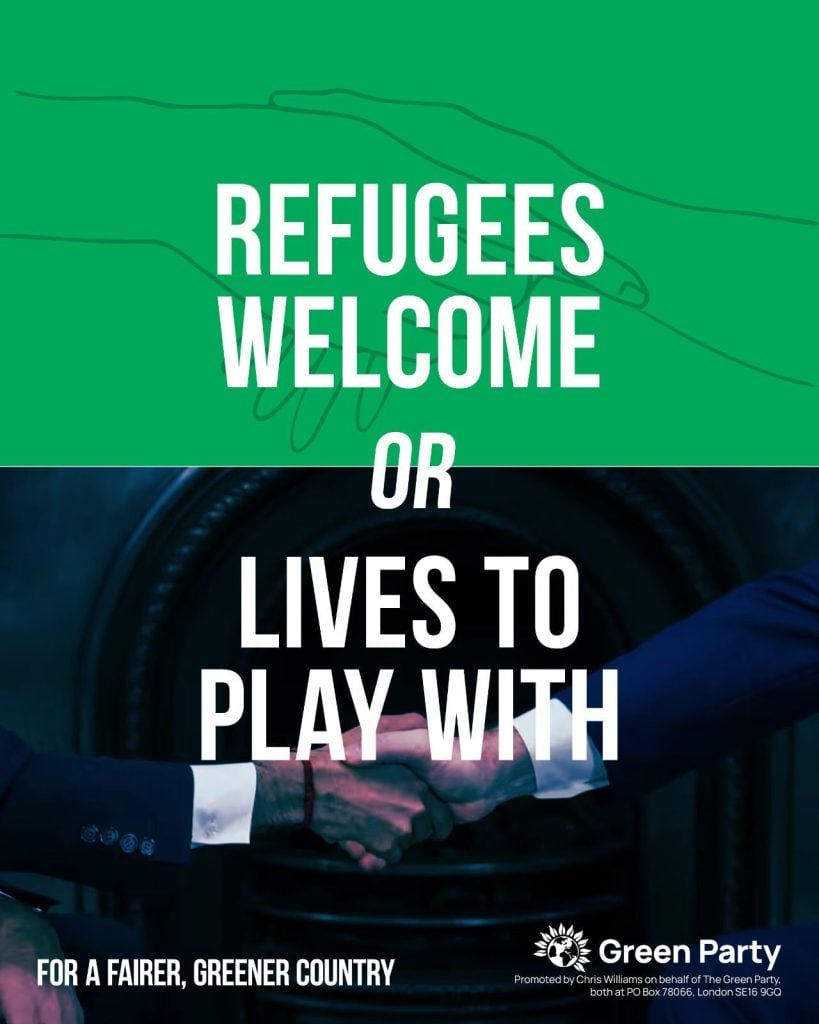menu
Policy Paper
There is no legal requirement to remain in a ‘first safe country’
There is no legal requirement to remain in a ‘first safe country’, nor should there be. People usually come to a specific country – like the UK – because they have ties to that destination and we support their right to choose their new home.
First and foremost, there is no such thing as ‘first safe country’ in any international law which the UK is a signatory to, despite the constant usage by politicians and the media. Conveniently, if it were a legal requirement it would mean that the UK – an island on the fringes of Europe – would rarely be required to host refugees.
We believe that we should host more people seeking asylum, not fewer, and any argument involving the concept of a ‘first safe country’ actively contradicts this stance.
Indeed, the only ‘first safe country’ which exists in any international agreement that the UK has ever been a part of was the Dublin Regulation of the EU, which often forces peripheral – and typically poorer – EU countries such as Italy and Greece to manage the vast majority of those who seek asylum in Europe. While we remain opposed to Brexit and support rejoining the European Union, we would not support any agreement which pushes our moral and legal obligations onto other countries.
We must also bear in mind that the very concept of a ‘safe country’ is dubious for a multitude of reasons. Despite an internationally agreed-upon legal definition of who qualifies as a ‘refugee’, the granting of asylum is unfortunately always political. Official lists of ‘safe countries’ are created with geopolitics in mind, with asylum grants for citizens of allied states being much lower than grants for those from other countries despite the individuals involved facing similar circumstances. A famous example is when the Reagan administration granted Cubans and Nicaraguans much higher rates of asylum than other Latin American countries, despite the hardships across Central America being similar. While the example is from the United States, this process is replicated across the world including in the UK.
Countries can also be safe or dangerous depending on who you are. Jamaica is a popular holiday destination, for example, but it has one of the highest murder rates in the world. France is also safe for tourists (indeed, it is consistently the most visited country in the world) but dangerous for those who live in the ‘Jungle’ at Calais, where their tent homes are constantly torn down – with the aid of British money. We, of course, do not support this use of taxpayer money and would cease this agreement.
We must also remember that the vast majority of those seeking asylum – around 70% – remain in neighbouring countries to those which they have fled. This is mainly because they hope to return home eventually, but also because moving further afield requires resources that many people do not have. While a regional host country can be a richer country, such as the Czech Republic hosting Ukrainians, typically this means that poor and middle-income countries take on the vast majority of the responsibility despite having fewer resources than rich countries to do so. Indeed, only 24% of all people seeking asylum are hosted in rich countries.
For the 30% of those seeking asylum who have left their region of origin, they have left because they have determined a return home is unlikely. As such, they are simply trying to move on with their lives. Often they are resettled by UNHCR or national governments, or they are independently traveling to a country where they have ties. Usually these ties come in the form of family, a diaspora, a common language, or specific ties such as Afghans who helped the British military and were then left behind when the Taliban took control of Afghanistan in 2021 – there is a reason the top nationality which arrived in the UK via small boats in 2023 was Afghan.
We believe that the UK should welcome its fair share of those seeking asylum, which the false concept of ‘first safe country’ negates. The very notion that individuals must stop in the ‘first safe country’ exists solely because rich countries on the peripheries of world conflict do not wish to fulfill their moral and legal obligations to those in need. We do not support any agreement which would push our obligations to third countries, and instead believe that safe routes must be reestablished for the few who wish to seek asylum in the UK, and that the asylum system must be overhauled to ensure dignity for all impacted.
“If they really are refugees, why don’t they have to stay in the first safe country they reach?”
“Why don’t they just claim asylum in France?”
Here is my answer, once & for all. To Jonathan Gullis, and to everyone else who ever wondered.#RefugeesWelcome pic.twitter.com/JZuTi4hkqG
— Zoe Gardner (@ZoeJardiniere) February 22, 2023

Policy Papers
Here we have compiled a list of articles and background papers on a range of topics that have helped us inform our policy making and that you may find useful to read and share.

